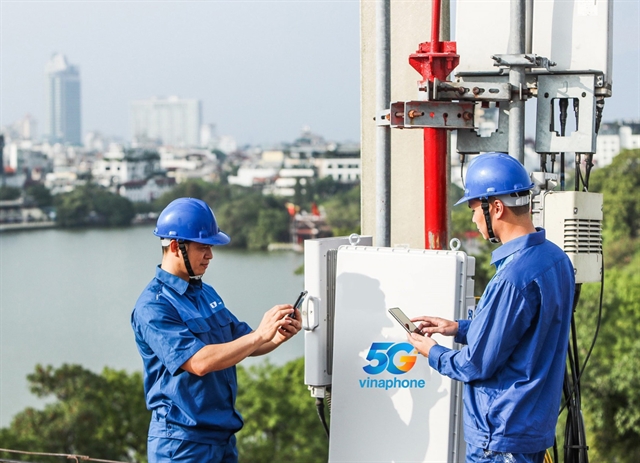The recent Government’s report submitted to the National Assembly revealed that the operation efficiency of SOEs was below expectation while the investment efficiency of SOEs was not as high as expected when the projects were approved.

It was critical for State-owned enterprises (SOEs) to strengthen innovations as Viet Nam set the target of having at least 25 SOEs with a market capitalisation of US$1 billion and more.
According to Minister of Finance Ho Duc Phoc, SOEs are slow to innovate, and this means they fail to keep up with the rapidly changing requirements of the market-based economy.
He pointed out that the inadequate policies for managing SOEs remained a major cause of their slow innovation and confusion in developing investment strategies and plans.
In addition, the policies on salary and remuneration were not attractive for SOEs to attract high-quality human resources.
The legal framework for management and usage of State capitals at SOEs should be reviewed and improved in line with the amendments to the Law on Bidding and the Law on Land to ensure efficiency, he said.
The recent Government report submitted to the National Assembly revealed that the operation efficiency of SOEs was below expectation while the investment efficiency of SOEs was not as high as expected when the projects were approved.
Some projects with huge investments failed or incurred losses for many years while the restructuring plans did not work.
The report showed that State-owned enterprises saw the total revenue in 2021 drop by 12 per cent against 2020. Pre-tax profit also fell by 20 per cent. Many SOEs earned low ratio of pre-tax profit to equity, around 1-5 per cent which was below the average banking deposit interest rate.
Eighty-four out of 401 SOEs reported accumulated losses for many years.
SOEs failed to play their role in driving the development of other sectors and promoting value chain linkage, the report wrote.
In addition, SOEs were weak in industries that affected the improvement of the economy’s competitiveness such as high technology, precision mechanics, component manufacturing and source technology.
Most SOEs in key and spearhead industries operated in a close-ended manner which did not create conditions for other enterprises to participate in their value chains.
According to the report, Viet Nam set the target to have at least 25 SOEs with a market capitalisation or equity of $1 billion or more by 2025, 10 of which would be worth $5 billion.
While SOEs were considered to continue supplying necessary goods and services for society and contributing to economic strength, the contribution of SOEs to the State budget was expected to increase by 5-10 per cent in the 2021-25 period compared to the previous five-year period.
The Government also targeted that all SOEs would be managed via digital platforms following the governance principles of the Organisation for Economic Co-operation and Development
The investment of SOEs would be switched to green technology and reduction of carbon emissions.
The focus would be on continuing restructuring and improving the efficiency of SOEs and separate projects.
According to Minister of Planning and Investment Nguyen Chi Dung, SOEs needed to focus on research and development, innovation, digital transformation, infrastructure development and finance to create growth drivers.
It was necessary to improve policies and mechanisms for the management of SOEs to enable them to operate under the market-based mechanism, Dung said.
As of the end of last year, there were 826 SOEs, 476 of which were wholly State-owned. The total State capital at SOEs was more than VND1.6 quadrillion, up by 3 per cent against 2020. — VNS





